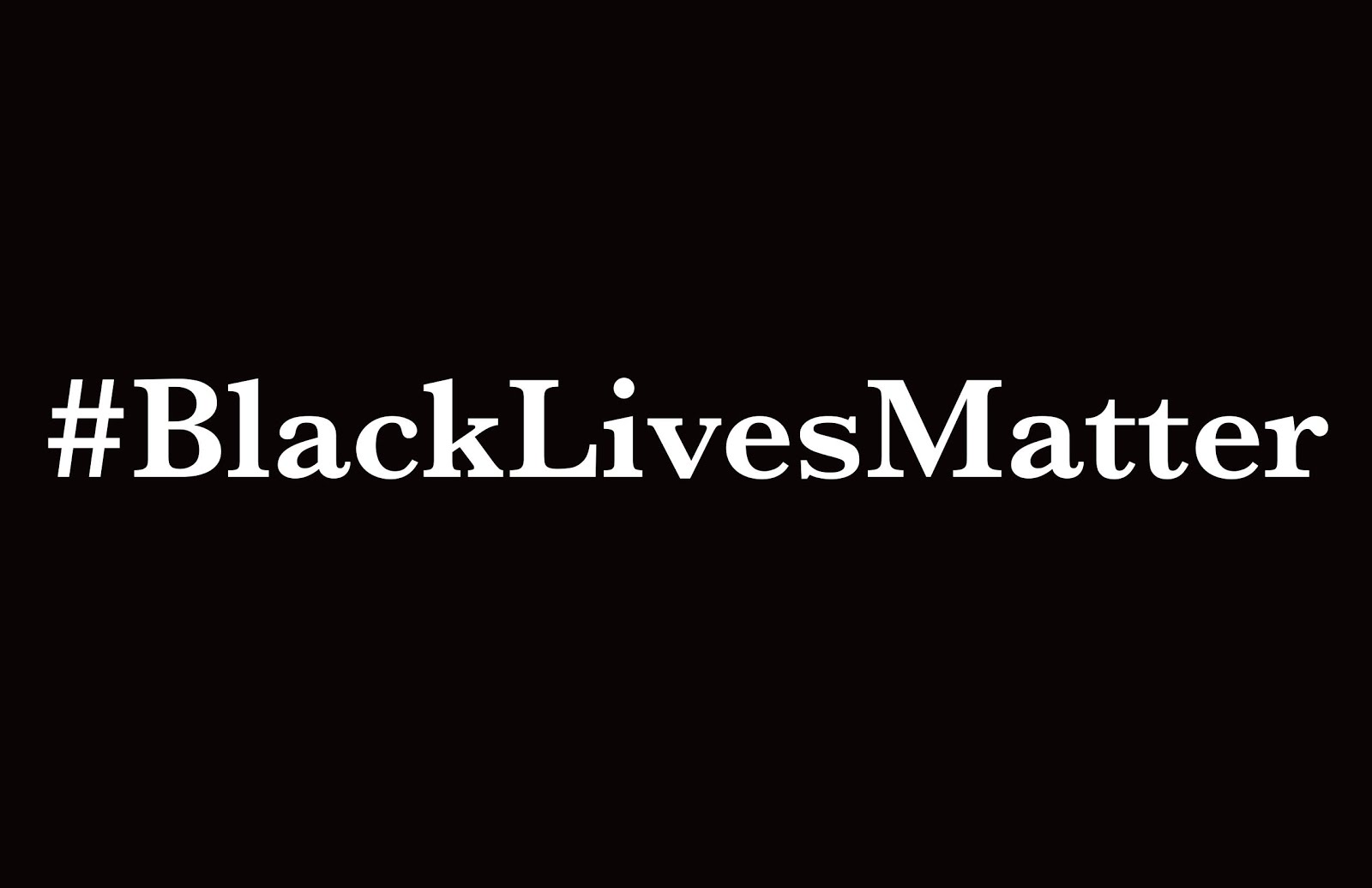...As I age I feel more and more obsessed by simple. Doing without rather than getting more. One of my favorite authors, Ursula K. LeGuin, writes "Owning is owing; having is hoarding." Very true, very wise.The author isn't writing from an animal rights perspective but rather about ways of living and being that human animals once embraced but have now (for the most part) moved away from or lost. We seem to have destroyed some critical connection to our planet and her other beings and the stories in this book attempt to describe some of what we have lost.
The human world is not simple. The world we made is a tangled disaster of rules and regulations forcing us to be what we were not born to be. We may think we can but we cannot own this planet. We are as much part of the planetary ecology as a virus or a tree. What we call civilization is a top down system designed to acquire always more. Obviously impossible. We invented power we can no longer control. And with that power we abuse and destroy this planet, our only home. Poisoning its precious soil, the water, the air all humans need to live. Our destructions are eradicating thousands of species; gone forever. An impoverishment we cannot restore. Mother Earth needs to be honored and nurtured -- today it seems we cannot stop (trying to) control...
We seem to be on some mad power trip that is insatiable and when we encounter a difficulty we attempt to overcome that difficulty by applying more power and control.
Many years ago I ran across Sheldon Kopp's Eschatological Laundry List and was struck by the wisdom in many of its formulations especially the one that says: "We must learn the power of living with our helplessness." I sometimes think that much of western culture is an avoidance of and a denial of that truth. And the denial has made us monstrous.
At the heart of the concept of animal rights is the notion that living and letting live is a pretty good guide to how to behave. We seem to have a lot of trouble with leaving the other beings to themselves. We're big on the idea of control...and we can see where that has gotten us.







6 comments:
The denial has indeed "made us monstrous". As is written so often, being vegan, speaking out for animal rights, is in no way limited to non-human animals only. It's an acceptance that we've been peering at the world through dirty, foggy, horribly tainted glasses and we need to take them off, set them under foot and crush them. And then try and right our many wrongs.
Hi from D.E.M. ! Love this post. Love Harry's words here, too.
Thank you for commenting Harry. Yup, time to face up, fess up and straighten up.
Thank you for commenting DEM. Me too.
It's certainly true that we're lost in a world of pursuing material wealth while destroying all that is truly valuable...
I'm not a minimalist by any stretch - But I have for the last few years rethought every purchase of something new 5 times over... I've been quite successful at talking myself out of the purchase or using my best standby: Buying used.
The majority of my decor is what I call "Early Yard Sale" - Even before connecting the dots I never could understand folks choosing to buy new as opposed to gently used... From furniture to clothing... There's plenty of suitable items in thrift stores and flea markets...
Ah -- But some do love the smell of a new car too... And for that I'd just as soon cut up some fresh rosemary and that perks my old jalopy up fine!
I agree though - Less IS better.
Enjoy reading Original Wisdom - Although I have the hunch you could add much to it that might be missing... From an animal right's perspective - that is.
Thank you for commenting Bea. Kudos to you for going in the non-new direction. Most of the "demand" for new things is artificially created and driven by "marketing". Remember "planned obsolescence"? Ah, don't get me going.
I do wish he had included animal rights in his book, but still and all, a very enjoyable read.
Post a Comment